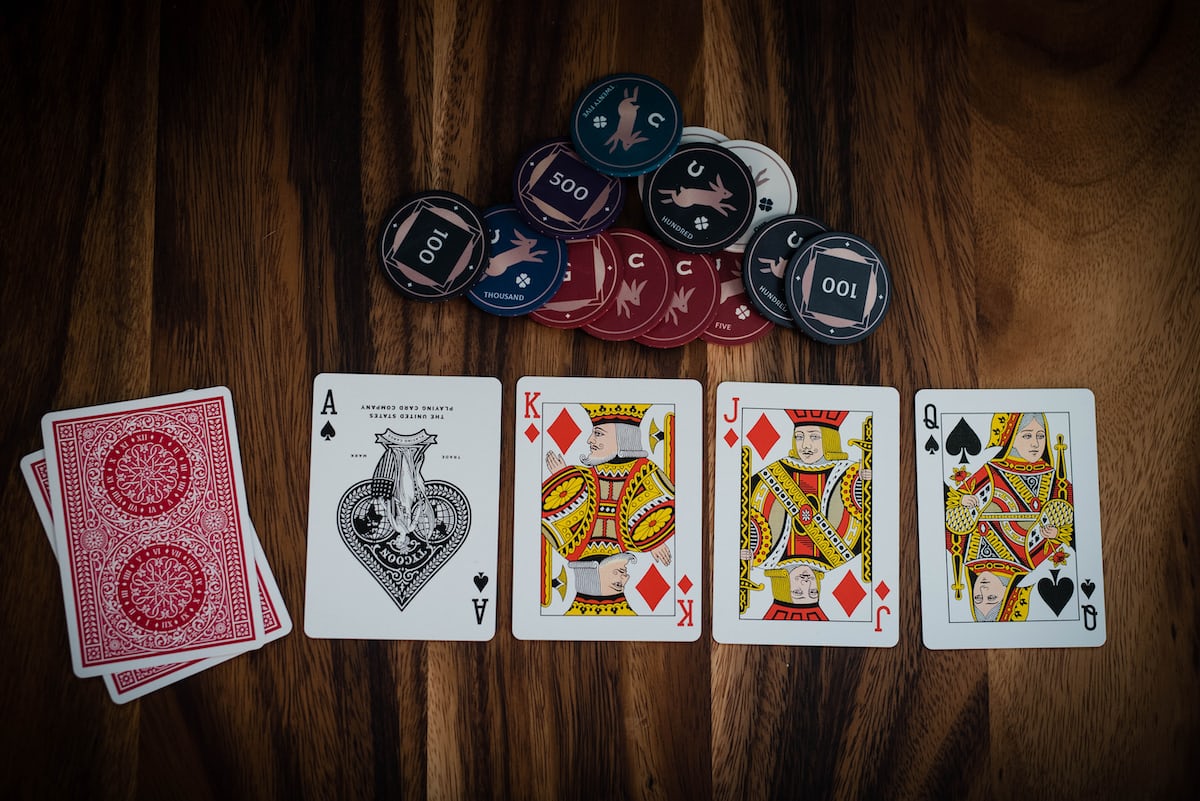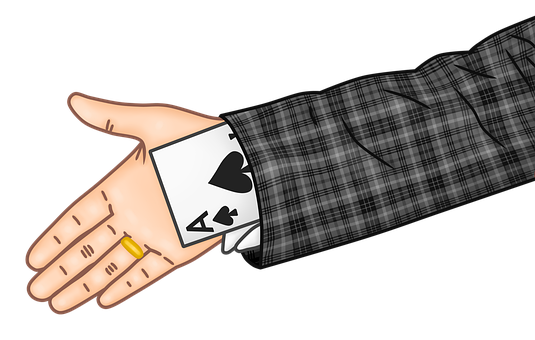In a game as complex as poker, taking advantage of every opportunity is essential. One key factor to winning is understanding the principle of position and using it to your advantage. By knowing when you’re in a good or bad position, you can make better decisions about which hands to play and how aggressively to play them. Keep reading for an overview of what position is all about and tips on using it to your benefit.

What is position in poker, and how can it help you win more hands?
Position in poker refers to the order in which players are seated at the table. The player who is first to act is said to be in the “early position,” while the player who acts last is said to be in the “late position.” Players in between are said to be in the “middle position.” Generally speaking, players in late positions have an advantage over early positions because they have more information about how the hand has played out.
This extra information can be critical when making decisions about betting and raising. For example, if all of the players in the early position have checked, that is a good sign that the hand is not particularly strong. In this case, a player in a late position may choose to bet or raise, knowing there is a good chance of winning the pot.
Conversely, if all of the players in early position have bet or raised, that is a good sign that the hand is strong. In this case, a player in a late position may choose to check or fold, knowing that the likelihood of winning is relatively low. As a result, paying attention to position can help you make better decisions at the poker table and win more poker chips.
The different advantages that come with various positions at the table
In the game of poker, there are various positional advantages that players can gain depending on where they are sitting at the table.
The player in the early position gets to act first, allowing them to set the tone for the rest of the hand. Additionally, being in an early position will enable you to control the pot size by raising pre-flop. This move can force the other players to put more money in the pot and make the other players think twice.
The player in the late position gets to see how everyone else has acted before making their own decisions. This can give them a significant advantage, as they can make more informed decisions based on the information they have gathered.
The player in the middle position is in an excellent spot to steal pots, as they can raise when everyone else is already in the pot. They can also use their position to pressure other players and force them to make mistakes.
Each position has unique advantages, and it is up to the player to decide which will be most beneficial for them in any given situation.
How to use position to give you a significant advantage
Each position has strengths and weaknesses, so it’s essential to know how to play each one correctly. Here are some tips for playing each position well:
An early position is the best position if you have a strong hand. You’ll be able to get a lot of value from your hand by betting early and often. However, you must be careful not to over-commit yourself with a weak hand in an early position, as you’ll likely be forced to fold if someone raises behind you.
The middle position is an excellent place to be if you have a medium-strength hand. Before making a choice, you’ll typically have the chance to see how the other players in the early position behave, giving you a better idea of where you stand. However, the middle position can also be dangerous if the players in the late position have strong hands, as they may check-raise you and put you in a tough spot.
A late position is the best place to be if you have a weak hand. You’ll have the opportunity to see how everyone else has acted before making your decision, so you can make a more informed choice about whether or not to fold or call. However, the late position can also be dangerous if the other players have strong hands, as they may check-raise you and put you in a tough spot.

Adjusting your play when out of position
When playing poker, table positioning is one of the most important things to remember. Where you are sitting in relation to the rest of the players can significantly impact your chances of winning. If you find yourself out of position, it is essential to adjust your play accordingly.
One way to do this is to ensure you are only playing with strong hands. This way, you can be sure you are getting the best possible value for your hand.
Another way to adjust your play when out of position is to be more aggressive. This will help you to steal the pot when your opponents are less likely to call your bets.
Finally, don’t be afraid to fold when you are out of position. Sometimes, the best course of action is to wait for a better opportunity.

If you keep these factors in mind the next time you play poker, you will be well on your way to success. Remember that when learning how to play poker, position is critical and can often be the deciding factor in a hand. Make sure to take advantage of it when you can. Also, don’t get caught up in one hand and risk losing everything. Finally, always stay calm and collected to make the best decisions possible.
If you want to start playing poker online now, GGPoker, the world’s largest poker room, has many free poker games and tournaments for players of all levels. Sign up today and see how far you can go.




